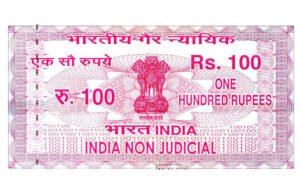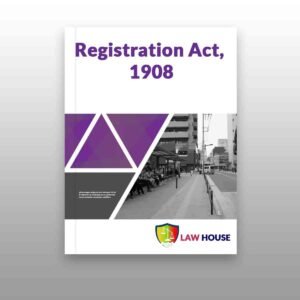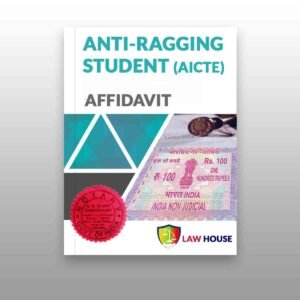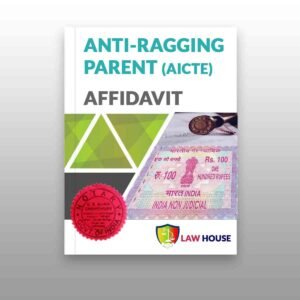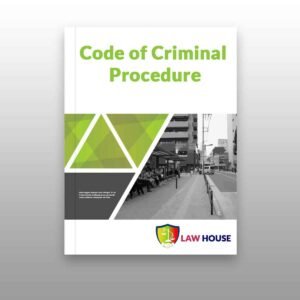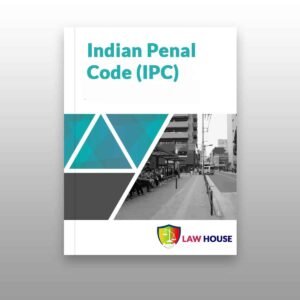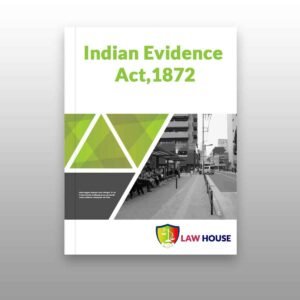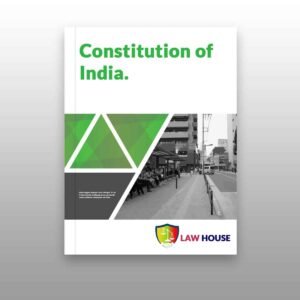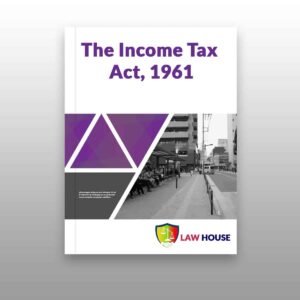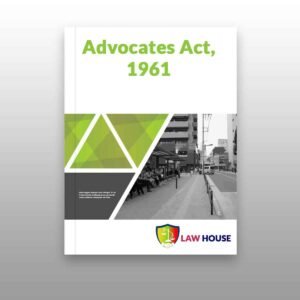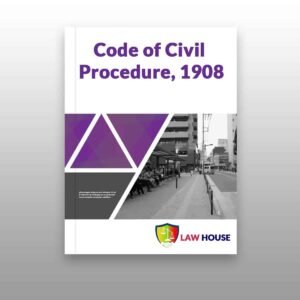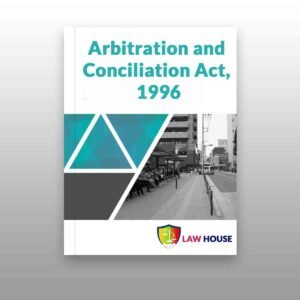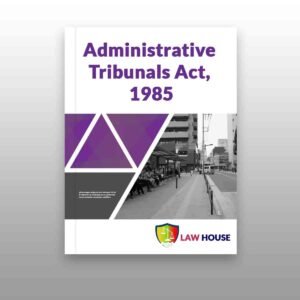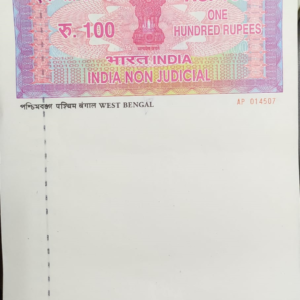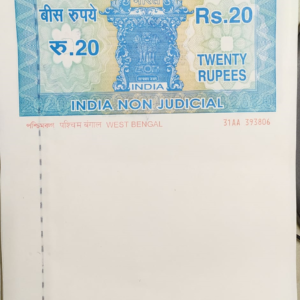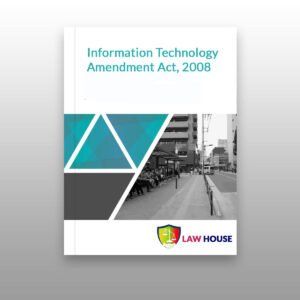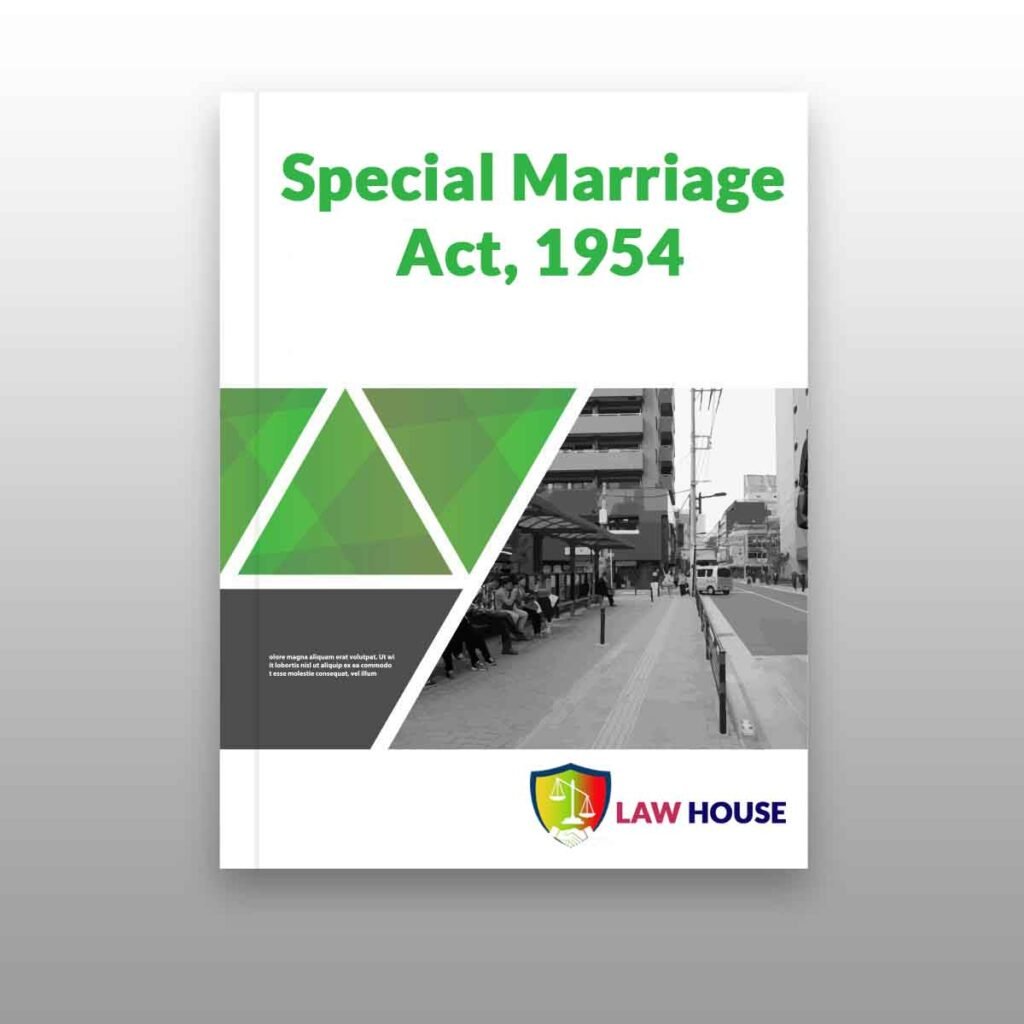Marriage and DIvorce are generally governed by personal Law, where the Divorce between a Hindu and a Muslim person there are certain considerations involved, depending on what structure they got married in the first place. Whether they got married under their personal laws or it was a civil marriage i.e. under the Special Marriage Act, 1954. This article discussed the essentials and concept of Divorce between Hindu and Muslim under various laws.
If a Hindu & a Muslim are married under the personal law
If a Hindu and a Muslim couple have married either under Muslim law or Hindu, divorce proceedings will be governed by their personal law provisions only. In each case, either party converts to their respective spouse’s religion.
Divorce under Hindu Law:
This topic will guide you and describe the whole process of Divorce under Hindu Law (Hindu Marriage Act) and Special Marriage Act. The following ground is sufficient to constitute a divorce under Hindu Marriage Act and Special Marriage Act. Both spouse men and women can file divorce against another spouse on any of the following grounds.
- Adultry: Adultery is extramarital sex that is considered objectionable on social, religious, moral, or legal grounds. When any of the spouse is voluntarily indulging in extramarital sexual relationship/intercourse outside marriage, it will be considered a ground for Divorce. Though adultery is no more a criminal offence in India but it is still a ground for Divorce.
- Cruelty: Cruelty is another ground of Divorce under this Hindu Marriage Act as well as Special Marriage Act. Cruely invokes when any of the spouse is subjected to any kind of mental and physical cruelty by the other spouse. Mental cruely includes filing of flase 498A case against husband or his family but its falsity needs to be proveen first.
- Desertion: If one of the spouses voluntarily abandons his/her partner for at least a period of two years, the abandoned spouse can file a divorce case on the ground of desertion.
- Religion Conversion: A divorce can be file if one of the spouse has converts himself/ herself into another religion, the other spouse may file a divorce case based on this ground.
- Incurable Mental Disorder : Mental disorder can become a ground for filing a divorce if any of the spouse is suffering from incurable mental disorder and insanity and therefore cannot be expected from the couple to stay together. However, small mental ailments are not counted in the same. The degree for mental disorders have been held differently by different courts at different times.
- Renunciation of the World : If a spouse becomes a hermit/ has renounced the world and all relations; the other spouse can seek divorce.
- Not Heard Alive for Seven Years : If a person is not seen or heard alive by those who are expected to be ‘naturally heard’ of the person for a continuous period of seven years, the person is presumed to be dead. The other spouse should need to file a divorce if he/she is interested in remarriage. There is a misconception that no divorce decree is needed in such circumstances, but unless a divorce decree is sought, a remarriage would be termed as Bigamy and such bigamy charges can be filed by the second spouse as well.
- Venereal Disease : If one of the spouses is suffering from a serious disease that is easily communicable, a divorce can be filed by the other spouse. The sexually transmitted diseases like AIDS are accounted to be venereal diseases. However, the spouse filing the case should not be the reason of the other spouse contracting the Venereal Disease.
- Co-habitation : Non-resumption of Co-habitation after decree of Judicail Separation within one year passing of such decree is a ground for Divorce.
Divorce By Mutual Consent:
Apart from these ground spouse can seek mutual divorce if they are living separately for at least one year and have not been able to co-habit and they also want to end this marriage with mutual consent, they can seek a divorce before the court.
Special Provision for Women under contested Divorce:
I. If the husband has been found guilty of rape, bestiality and sodomy.
II. If the marriage is solemnized under the Hindu Marriage Act and the husband has again married another woman in spite of the first wife being alive, the first wife can seek for a divorce.
III. A girl is entitled to file for a divorce if she was married before the age of fifteen and renounces the marriage before she attains eighteen years of age.
Marriage under the personal law
If a Hindu and a Muslim couple have married either under Muslim law or Hindu, divorce proceedings will be governed by their personal law provisions only. In each case, either party converts to their respective spouse’s religion.
Divorce under Mulim Law
Marriages in the cases of Muslims are solemnized as per the Muslim Personal Law (Shariat) Application Act, 1937 which deals with marriages, divorce, the law of inheritance and succession. The marriages among Muslims are valid, only if both parties are Muslims. However, the conditions are slightly different in the cases of Shias and Sunnis. Shias are free to marry a Jew, Parsi, Christian or a person from Kitabia religion in a Muta form of marriage. Muta form of marriage basically means a marriage solemnized for a specific period of time because in cases of Muslims, marriage is a form of contract, but the marriage other than this is a void form of marriage in Shias. Sunnis, on the other hand, are free to marry a person from Kitabia religion but the marriage will be of an irregular nature. An irregular marriage has no legal effect before consummation but when consummation gives rise to several rights & obligations. A marriage is dissolved either by the death of the husband or wife or by divorce. After the death of a wife, the husband may remarry immediately. But the widow cannot remarry before a certain specified period called Iddat expires.
Talaq aka Divorce for Men/Husband:
In Muslim Marriage, the Male or the husband doesn’t need any specific reason to seek divorce from his wife. In Muslim law there are several methods to which a Muslim male/husband can seek talaq aka Divorce from his wife.
Methods of Talaq:
- Talaq-ul-Sunnat
It is further of two types:
i) Ahasan
ii) Hasan - Talaq-ul-Biddat/ Triple Talaq
- Ila
- Zihar
Hon’ble Supreme Court of India has already declared “Talaq-ul-Biddat/ Triple Talaq” unconstitutional in the case of Shayara Bano vs Union of India (2017) 9 SCC 1, and it is now punishable offense with imprisonment upto 3 years.
Divorce for Muslim Women/Wife:
A wife cannot divorce herself from her husband without his consent. But she can purchase her divorce from her husband and can have the marriage dissolved. A Muslim woman can seek divorce only if one of the following conditions match.
- If the husband’s whereabouts are unknown for a period of four years.
- If the husband has failed to provide maintenance to the wife for at least two years.
- If the husband convicted for any offence and has been under imprisonment for Seven or more years.
- If the husband is unable to meet the marital obligations.
- If the wife is subjected to any kind of mental and physical cruelty by the husband.
- If at the time of marriage the age of wife was less than fifteen and after she turn into eighteen years deceided to end this marriage.
Must Read:
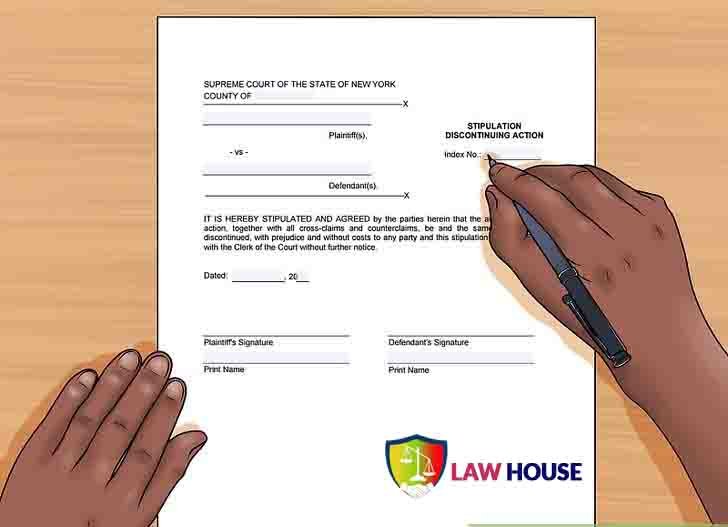









![Honey trap in Cybercrime: A to Z guide Exploring Honey Trap in Cyberspace [With Video]](https://www.lawhousekolkata.com/wp-content/uploads/Post-Images/Honey-Trap-300x169.jpg)


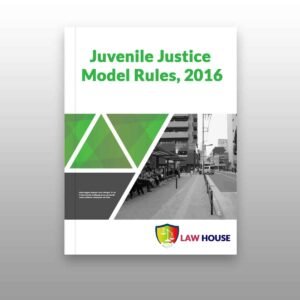

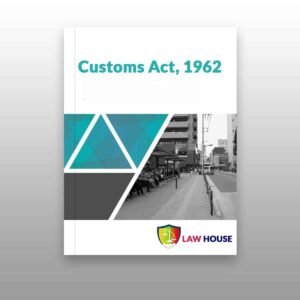
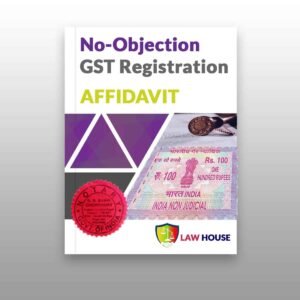
![Dissolution-of-Muslim-Marriages-Act-1939 | Law House: The #1 Notary in Kolkata | Make Notary Online Dissolution of Muslim Marriages Act, 1939 free e-books download [PDF]](https://www.lawhousekolkata.com/wp-content/uploads/Law_Books_Image/Dissolution-of-Muslim-Marriages-Act-1939-300x300.jpg)









